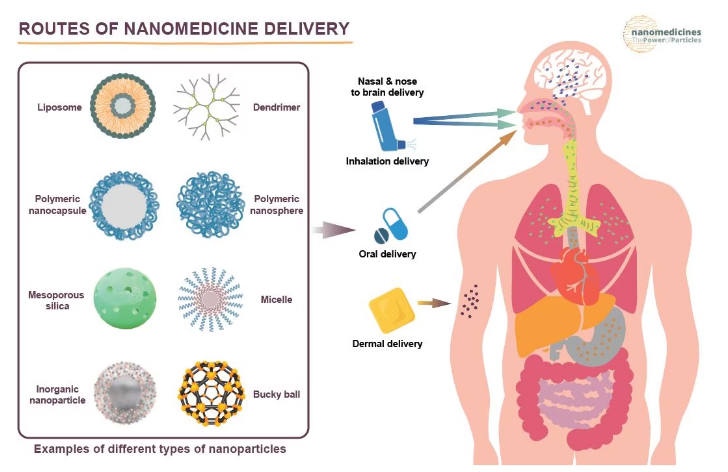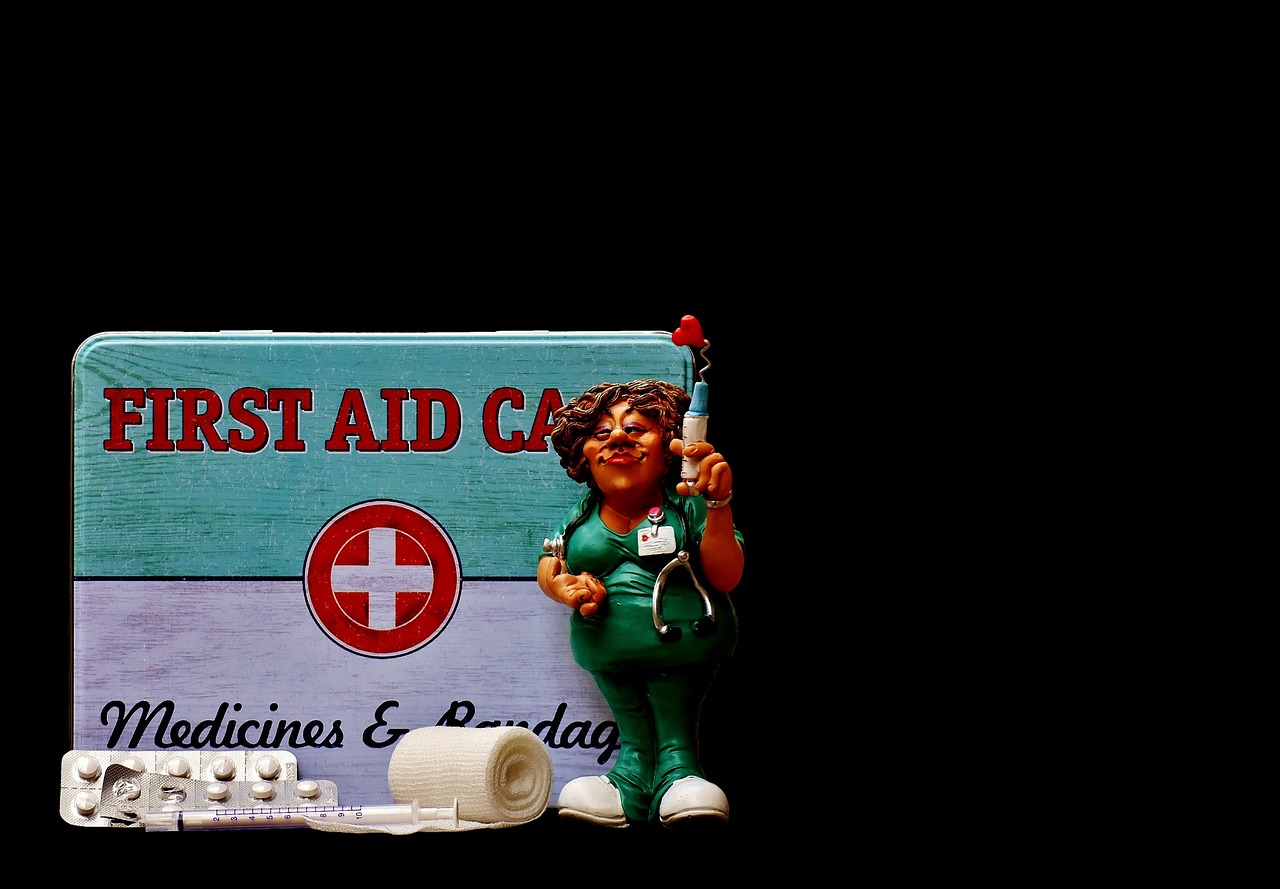Stay Confident and Prepared With Pregnancy Care Classes
Pregnancy care classes can help you feel more prepared and confident during labor, delivery and the early days of caregiving for your newborn. They’re also great way to connect with other new parents while developing key parenting skills.
Antenatal classes are widely offered through various providers and are free on the NHS. Classes generally take place over several weeks and provide you with an opportunity to meet other expectant mothers at around the same time as you.
Preparing for Childbirth
Prenatal and childbirth classes can help prepare you for the birth of your baby, including learning the stages of labor, understanding pain management strategies, and building your confidence in yourself and yourself alone.
Childbirth classes should ideally be taken in your third trimester; if this proves too late for you, start early or attend weekly sessions – some hospitals even offer online childbirth courses so that you can learn at your own pace!
As well as teaching you about childbirth, many childbirth classes also cover breastfeeding and infant care – often offered in both English and Spanish! They can also help you make connections with other expectant parents who will all be expecting around the same time as you are.
Finding an effective pain-relief program includes both natural techniques such as meditation, self-hypnosis, heat packs and massage; as well as medication options. This may include activities like self-hypnosis, heat packs and massage.
Online pregnancy care training may also prove useful. Yoga practice has the ability to promote balance, strengthen muscles and promote relaxation – three key ingredients needed during gestation.
Expectant mothers and their birthing partners can learn proven breathing and relaxation methods that have been shown to reduce stress during labor and increase chances of a smooth birthing experience.
Beside relieving stress and anxiety, learning effective pain-relief techniques can also help manage discomfort during labor. Techniques such as changing positions or using a birthing ball may ease childbirth pains.
At this crucial time of gestation, having support from someone with experience giving birth may prove invaluable – they could even reduce the need for cesarean section or any other intervention.
Postpartum Care
Postpartum care for new mothers is vital in order to ensure she recovers fully after giving birth and its labor. While certain discomforts or changes post-birth may be normal, others could indicate health concerns that need treating.
Ideal, all new mothers should be seen either in person or by phone in the first three weeks postpartum to address immediate needs and concerns such as pain, swelling, emotional changes, infections and bleeding. Within 12 weeks a comprehensive evaluation should take place in order to identify chronic conditions like hypertension and gestational diabetes mellitus.
Most women make it through the postpartum period without incident, yet complications do arise. At this stage, new mothers are vulnerable to serious and even life-threatening conditions like preeclampsia, postpartum hemorrhage and urinary incontinence.
Due to these reasons, it is vitally important that women receive treatment from a primary care provider who can offer appropriate levels of assistance and support to aid in their recovery process. Furthermore, regular check-in visits with your physician should also be encouraged.
Studies have demonstrated the significance of postpartum visit attendance as an integral element in health outcomes among women from low incomes. Strategies to increase postpartum attendance include emphasizing its significance during prenatal visits; engaging peer counselors, intrapartum support staff and postpartum nurses for attendance during or before hospital discharge; scheduling visits prior to or during this process and using technology (eg, email reminders or apps) to remind women to set appointments.
As a result, many new mothers do not receive adequate postpartum health care to aid their recovery and healing after giving birth. This lack of care increases risk factors associated with poor health outcomes for mothers, infants, and other family members.
Breastfeeding
Breastfeeding can be an amazing way to form an intimate connection with your child while protecting them from illness. Furthermore, breastfeeding also serves to keep yourself and your family healthier!
Breastmilk provides your baby’s digestive system with essential good bacteria that help build strong immunity, guarding against allergies, asthma, IBD and other health problems as they grow older. Breastfeeding also encourages healthy weight gain while helping avoid obesity in their later years.
Attending breastfeeding classes prior to giving birth can provide invaluable instruction on how to breastfeed correctly and cope with potential issues that might arise during your breastfeeding journey, and can give you greater confidence in yourself as an ability to do it successfully.
breastfeeding classes can be found at hospitals and birth centers, or you could enrol in an online class led by certified lactation consultants and educators.
Before having your baby, make sure your ob-gyn knows about any surgeries or injuries to your breasts that may impact their ability to breastfeed. They will then help determine whether breastfeeding is right for you and provide assistance or recommend support options if needed.
Before your baby arrives, meet with a lactation consultant at least once to make sure you’re on track for breastfeeding success. They can offer tips for nursing holds and strategies to increase milk supply.
Friends and family who have breastfed can offer invaluable guidance. They’ll listen to any concerns and offer reassurance, while also helping to navigate any difficulties of breastfeeding (when to supplement or use a pump, for instance). Furthermore, they might suggest breastfeeding support groups or resources available near where you live.
Infant CPR
No matter if it involves babies, children, or adults; CPR (cardiopulmonary resuscitation) knowledge is a necessity and taking a course on its fundamentals can provide invaluable confidence building.
In the event of cardiac arrest, it’s imperative that CPR be administered immediately in order to keep blood flowing to vital organs – this may seem intimidating if someone has never learned these steps beforehand.
Good news is, it’s easier than you may think to obtain infant CPR training online through a course from the American Heart Association (AHA). Their complete infant CPR course includes self-directed video and mannequin practice sessions as well as a printable step-by-step guide that helps ensure you remember everything!
Keep this guide in a prominent place on your desk, kitchen counter or wherever it will come in handy. Print it out and review it periodically to refresh your memory and ensure you can respond swiftly in an emergency situation.
When performing infant CPR, it is crucial to adhere to these guidelines: To perform chest compressions on an infant, press two or three fingers onto their breastbone just below their nipple line at 100-120 compressions per minute – pushing too hard can occlude their heartbeat and cause further harm.
Once 30 gentle compressions have been completed, take two slow and deep breaths – each lasting one second – followed by covering your infant’s mouth and nose to create an airtight seal – this method is similar to CPR on adults.
Repeat this procedure 5 times and, if alone, call 911 immediately or use an AED as soon as possible.
Other Topics
Pregnancy care training online offer more in-depth, personalized information. In addition, these sessions give parents a venue to practice skills they will use throughout their pregnancy and postpartum period.
Early pregnancy classes provide a valuable way of learning about all the key topics, such as how your baby grows and develops, what to expect during labor, emergency procedures and postpartum care for both mother and baby. Plus they can get your partner involved.
According to one study, most expectant parents rated certain subtopics of an antenatal education survey as “important” or “very important,” suggesting they believe these subtopics must be covered during prenatal classes (Ho & Holroyd, 2002).
Research showed that Prenatal Care, Nutrition, Physical Activity and the Physical and Emotional Changes during Pregnancy were most frequently rated as “important”, while “very important” subjects included First aid guide for baby care; Guidelines supporting safe infant sleep; and Comfort measures to alleviate labor and birth pain were often mentioned as major topics of focus.
These findings could have significant ramifications for face-to-face prenatal education sessions. Health professionals need to prioritise those topics that will provide maximum benefit to their students within limited session times.
Grab Bags, Scavenger Hunts, and Show and Tell are three engaging activities you can use in class to help engage students with different aspects of pregnancy, labor and postpartum care.






